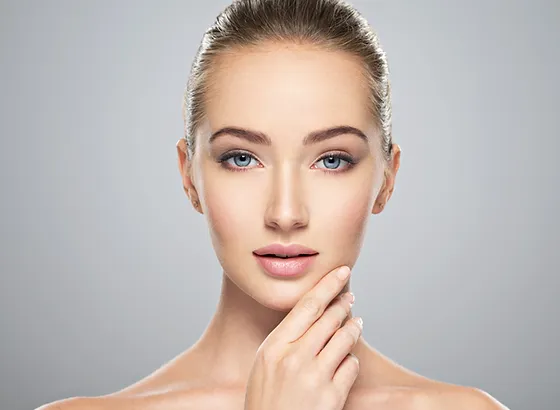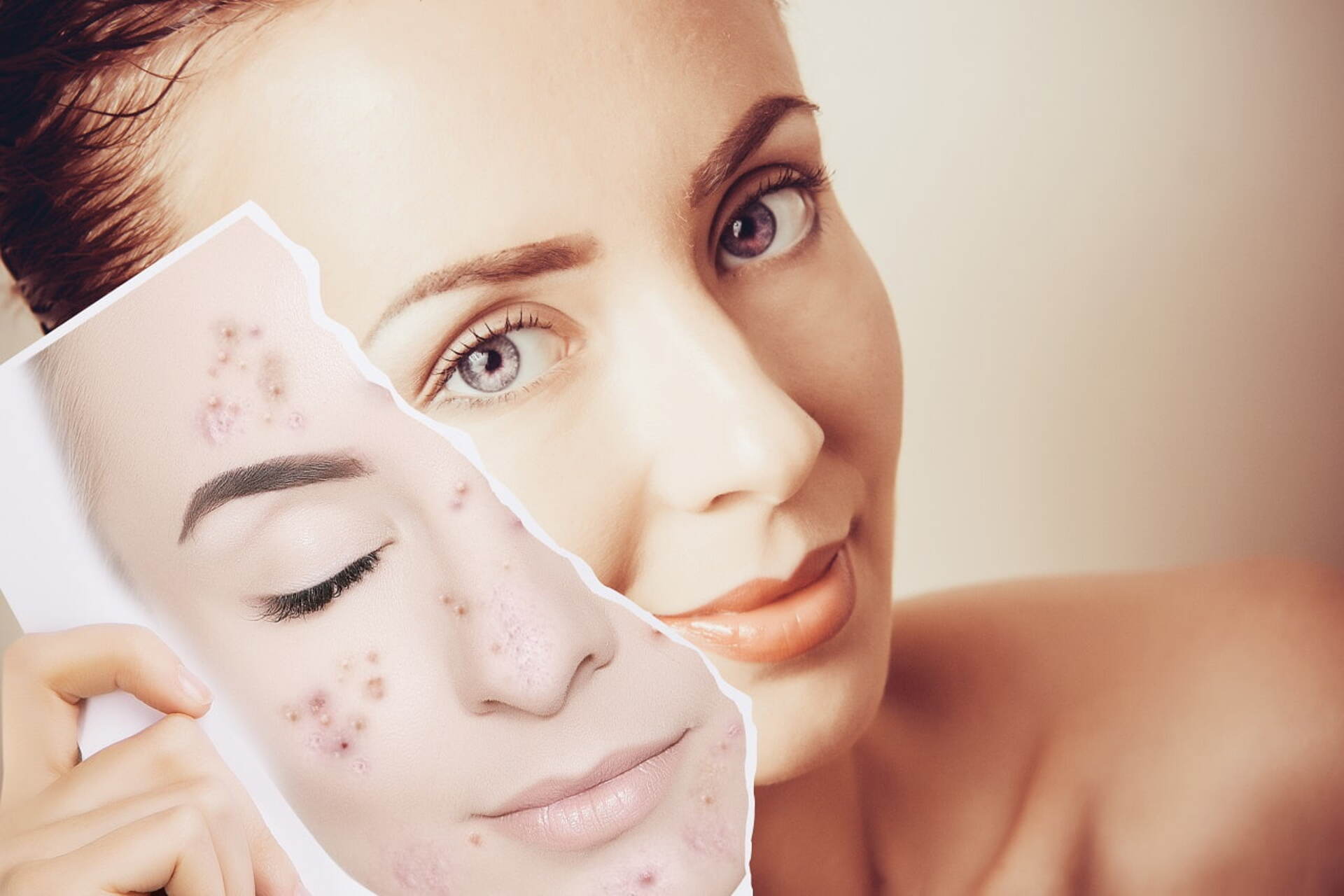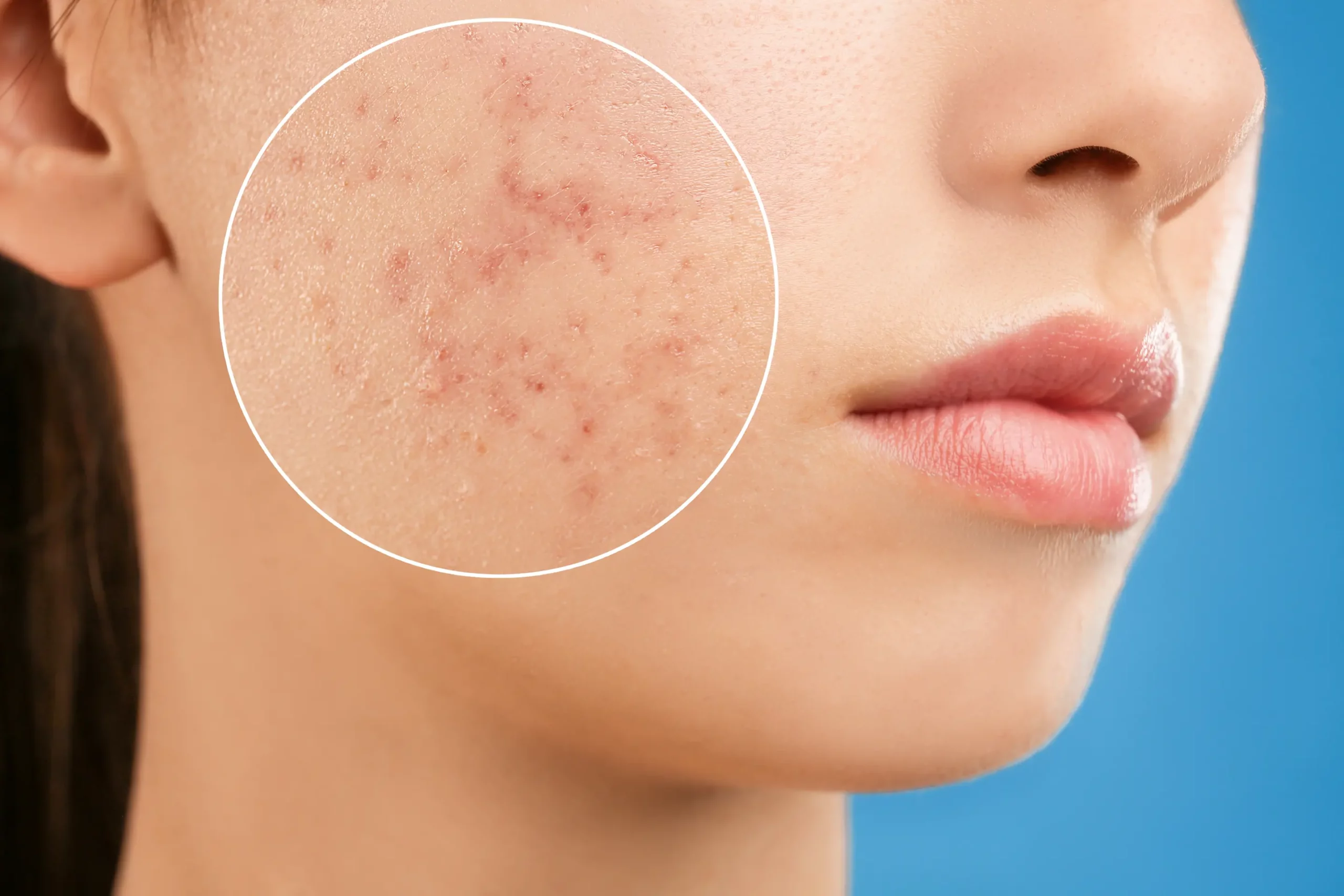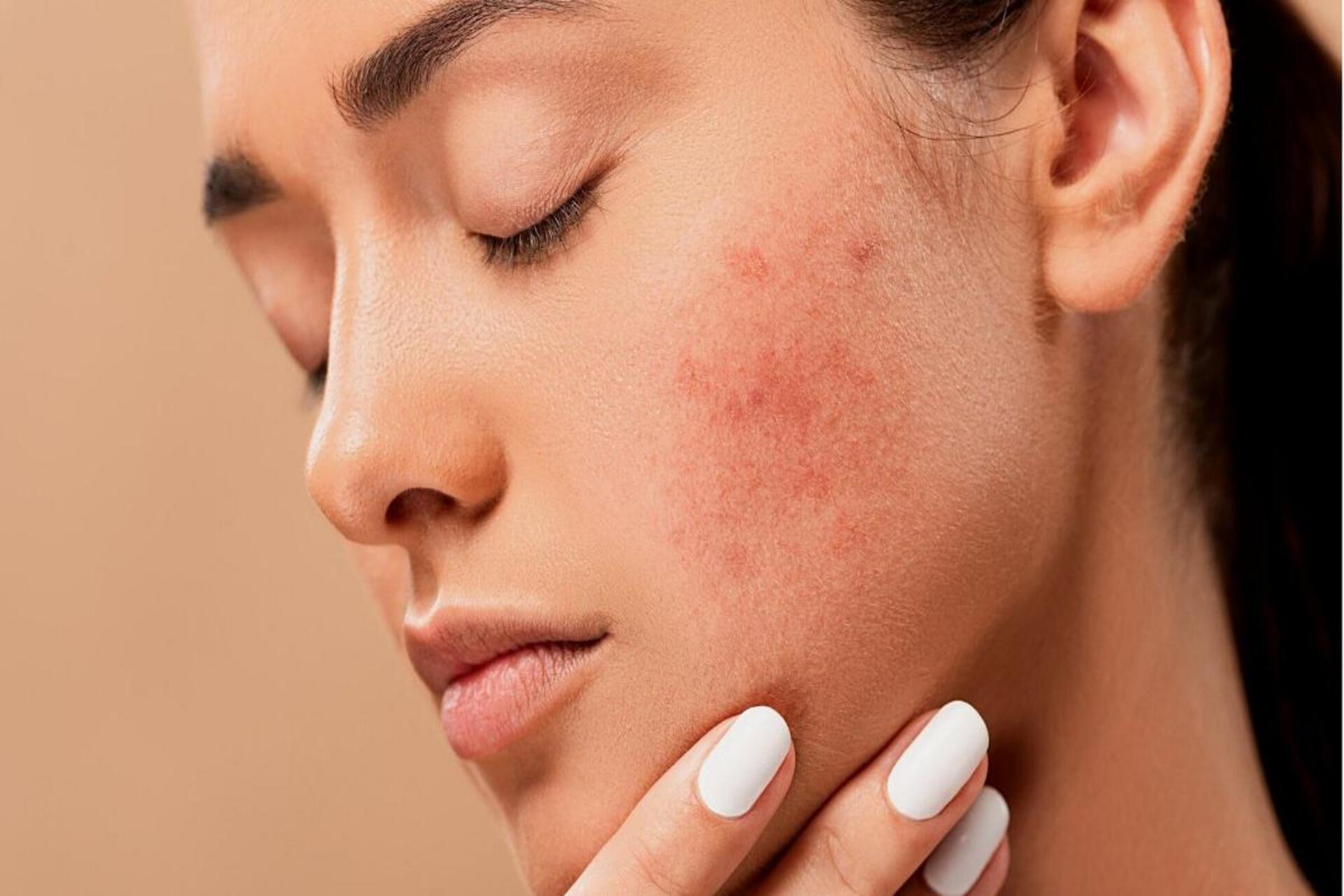ACNE TREATMENT
- HOME
- ACNE TREATMENT
Facial Aesthetics

Looking for Dental & Aesthetics services ?
CALL US ANYTIME
+91 99489 3459

ACNE TREATMENT
Acne treatment involves a range of therapeutic approaches aimed at managing and reducing the occurrence of acne, a common skin condition characterized by the formation of pimples, blackheads, whiteheads, and, in severe cases, cysts. The goal of acne treatment is to alleviate symptoms, prevent scarring, and improve the overall appearance of the skin.
Key features of acne treatment include:
Topical Medications: Topical treatments are commonly prescribed to address mild to moderate acne. These may include over-the-counter or prescription creams, gels, or lotions containing ingredients like benzoyl peroxide, salicylic acid, or retinoids. These substances help unclog pores, reduce inflammation, and prevent the formation of new acne lesions.
Oral Medications: For more severe cases of acne, oral medications may be recommended. Antibiotics, oral contraceptives (for females), and oral retinoids are among the options prescribed to target inflammation, bacterial infection, or hormonal imbalances contributing to acne.
Lifestyle and Skincare Practices: Proper skincare and lifestyle practices play a crucial role in acne management. This includes gentle cleansing to remove excess oil and debris, avoiding harsh scrubbing, and using non-comedogenic skincare products. Dietary factors and stress management may also impact acne, and lifestyle modifications can be beneficial.
In-office Procedures: Dermatologists may perform in-office procedures to address acne and its aftermath. These may include chemical peels, laser therapy, or extraction of comedones (blackheads and whiteheads). In some cases, corticosteroid injections may be administered for large, inflammatory lesions.
Isotretinoin (Accutane): Isotretinoin is a potent oral retinoid reserved for severe, persistent acne that has not responded well to other treatments. It addresses multiple factors contributing to acne, but its use requires close monitoring due to potential side effects.
Combination Therapy: Dermatologists often tailor acne treatment plans by combining multiple approaches to address various aspects of the condition. This may include a combination of topical and oral medications, along with in-office procedures for optimal results.
Effective acne treatment is highly individualized, taking into account the severity of the condition, skin type, and other individual factors. Dermatologists assess the specific needs of each patient to develop a comprehensive and personalized approach to acne management.


what are the benefits ?
The primary benefit of acne treatment is the achievement of clearer skin by reducing the number and severity of acne lesions. Topical and oral medications, along with in-office procedures, work to unclog pores, control inflammation, and address the factors contributing to acne, resulting in an improved complexion.
- Clearer Skin and Reduced Acne Lesions
- Prevention of Scarring
- Enhanced Self-Confidence
Timely and effective acne treatment can help prevent or minimize the formation of scars, which can occur when acne lesions are inflamed and lead to tissue damage. By managing acne promptly, especially in severe cases, the risk of long-term scarring is reduced, preserving the skin’s smooth texture and appearance. Successfully managing acne can have a positive impact on an individual’s self-esteem and confidence. Clearer skin contributes to an improved overall aesthetic, and the reduction of acne-related concerns allows individuals to feel more comfortable and confident in their appearance, positively influencing their social and emotional well-being.
Need to get relaxing ?
Your Journey Begins at Our smile and Facial Aesthetics Studio

